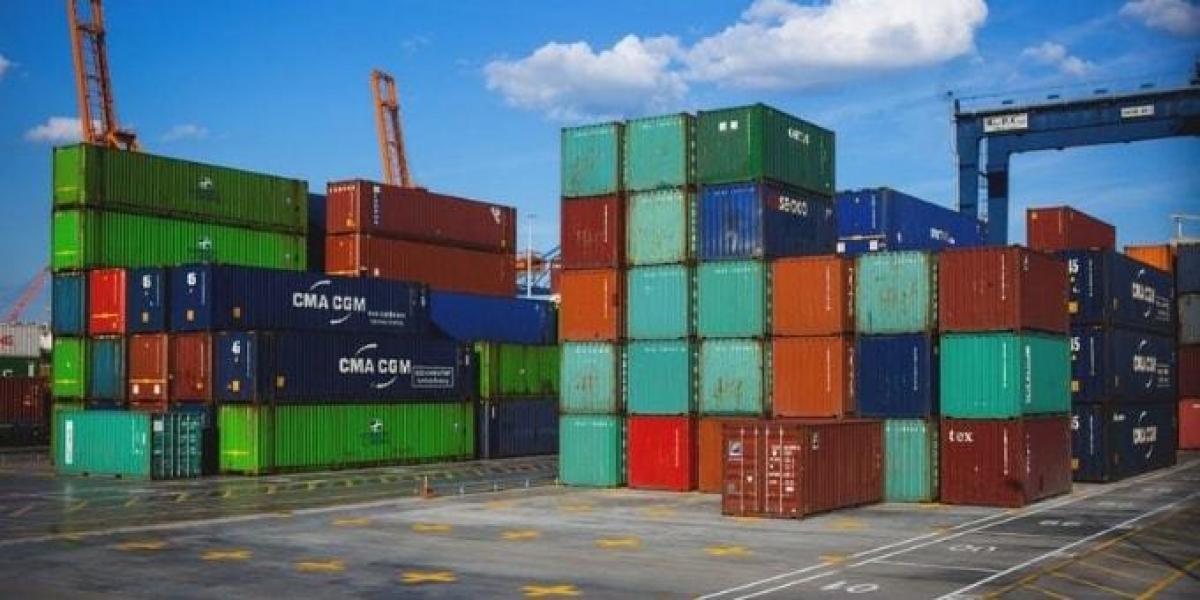
Today’s supply chains span internationally, with a majority relying on the buying or selling of materials or products from other countries. Throughout the international trade process, supply chains are also required to comply with international laws and cultural customs, which can result in confusion in many cases.
One of the terms that supply chains need to keep in mind is free or freight on board (FOB), which were originally coined by the International Chamber of Commerce (ICC). It’s important to know that “free on board” does not mean free of charge. Misunderstanding this term could be a potentially expensive mistake when shipping internationally.
Freight or free on board?
Freight or free on board determines who pays for and owns a shipment that travels internationally. While originally limited to seafaring shipments, it is now used to refer to every type of international mode of transport. The interchangeability of “free” and “freight” can lead to confusion, particularly when abbreviated.
Even with the word “free” included in many cases, it doesn’t mean that the cost of shipping is eliminated. Instead, it refers to the party that bears the responsibility for the shipment throughout transport.
Parties That Pay FOB Expenses
Receivers may assume that FOB makes the shippers responsible for payment and the shipment itself, but there are certain stipulations that can make the receiver liable for both.
Generally, the use of FOB destination makes the shipper responsible for shipments while in transit, while FOB origin makes receivers responsible. In other words: FOB Destination makes shippers responsible until the shipment arrives at the destination and FOB Origin makes receivers responsible for products once loaded at the point of origin.
How to Handle FOB
Using FOB can be challenging because of the many variations that come with it. Unfortunately, it’s required if you want to avoid language barriers and other cultural issues that could arise when paying for and reviewing freight shipments. Not clearly understanding how to use FOB effectively could result in issues with compliance, claims and/or payment. This is why many companies will use a third-party logistics (3PL) provider.
Working with a 3PL can come with many benefits. They can help reduce costs while keeping the shipping process smooth from start to finish. Outsourcing can also help you avoid additional confusion regarding other aspects of your shipments, giving you the resources with the expertise to handle FOB and much more. With the help of a dependable 3PL provider, you could benefit from the assistance of experienced professionals who understand FOB and its key role in your international shipments.
